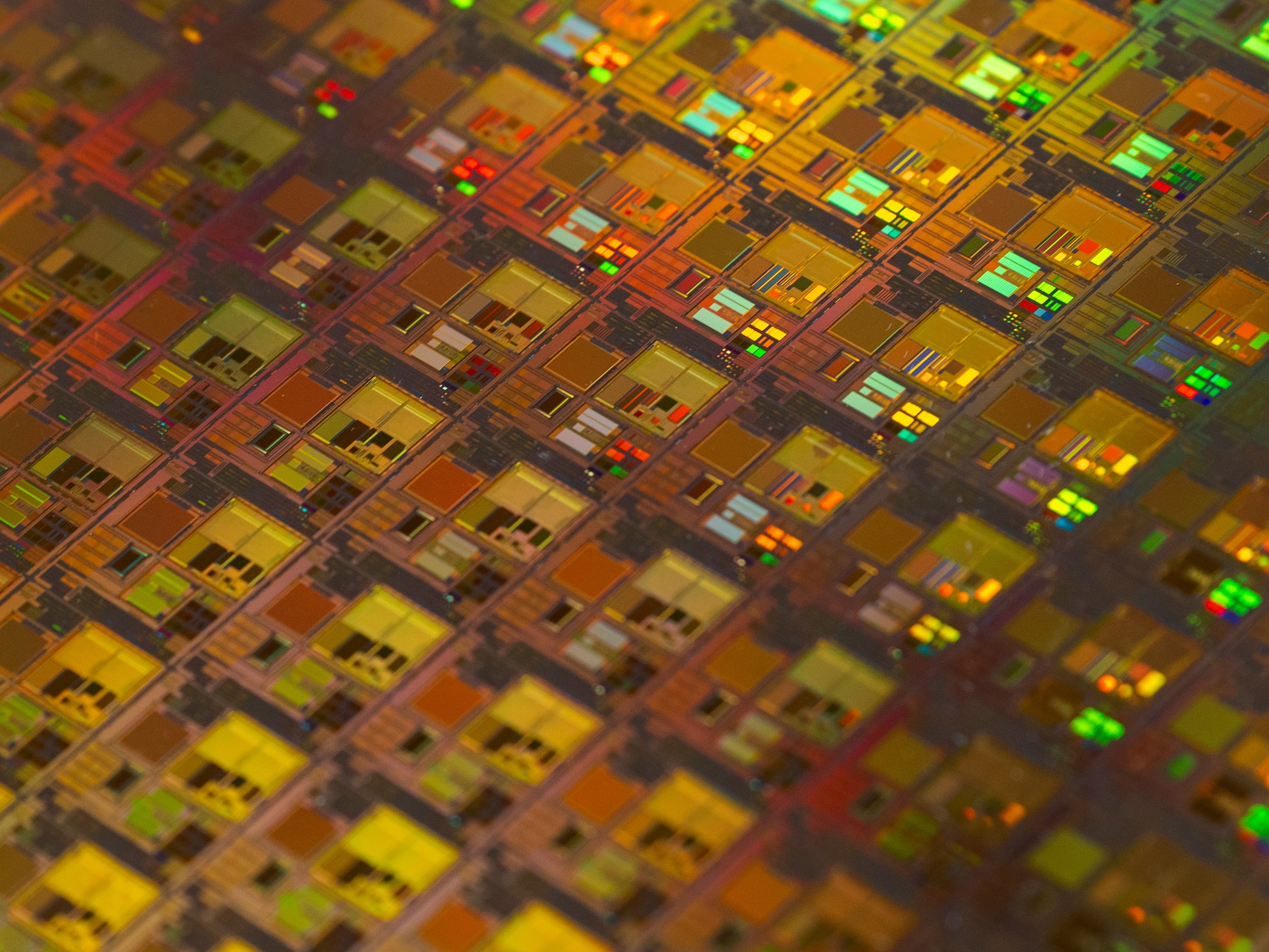In a stunning display of momentum, Taiwan Semiconductor Manufacturing Co. (TSMC) just reported a 40% jump in revenue compared to last year, and the world is taking notice. This surge isn't just a fluke or a lucky quarter. It's a clear signal that artificial intelligence is no longer a distant dream but a roaring engine driving real change—and profits—across the globe.
What’s powering this rapid rise? Tiny chips with massive potential. AI chips, to be exact. These are the brains behind everything from chatbots to automated cars, smart factories to voice assistants. And they’re becoming the most sought-after tools in tech. TSMC makes chips for giants like Apple and Nvidia, but the ripple effects of this demand are reaching well beyond Silicon Valley. Every industry that wants to stay competitive—from healthcare to home appliances—is starting to lean on AI to do things faster, smarter, and cheaper.
To meet this demand, TSMC isn’t standing still. The company is putting $100 billion toward expanding its manufacturing footprint in the United States, a move that could help ease supply chain issues and bring more chip-making power closer to home for American companies. For regular folks, this means better, more reliable tech products and potentially fewer delays when trying to buy the latest devices.
But perhaps most exciting is how this growth is pushing the development of new tools. As chipmakers build smarter, more efficient processors, software developers and businesses gain the power to create AI tools that are quicker to train, more responsive, and easier to use. Think apps that learn your habits without slowing down your phone or factory systems that catch problems before they cost time and money. It’s about making technology that works for people, not the other way around.
TSMC’s leap forward marks more than just a business win. It’s a preview of a future where AI isn’t a buzzword, but a daily companion—silently improving how we work, shop, drive, and live. And with each chip that rolls off the line, that future edges a little closer to today.
